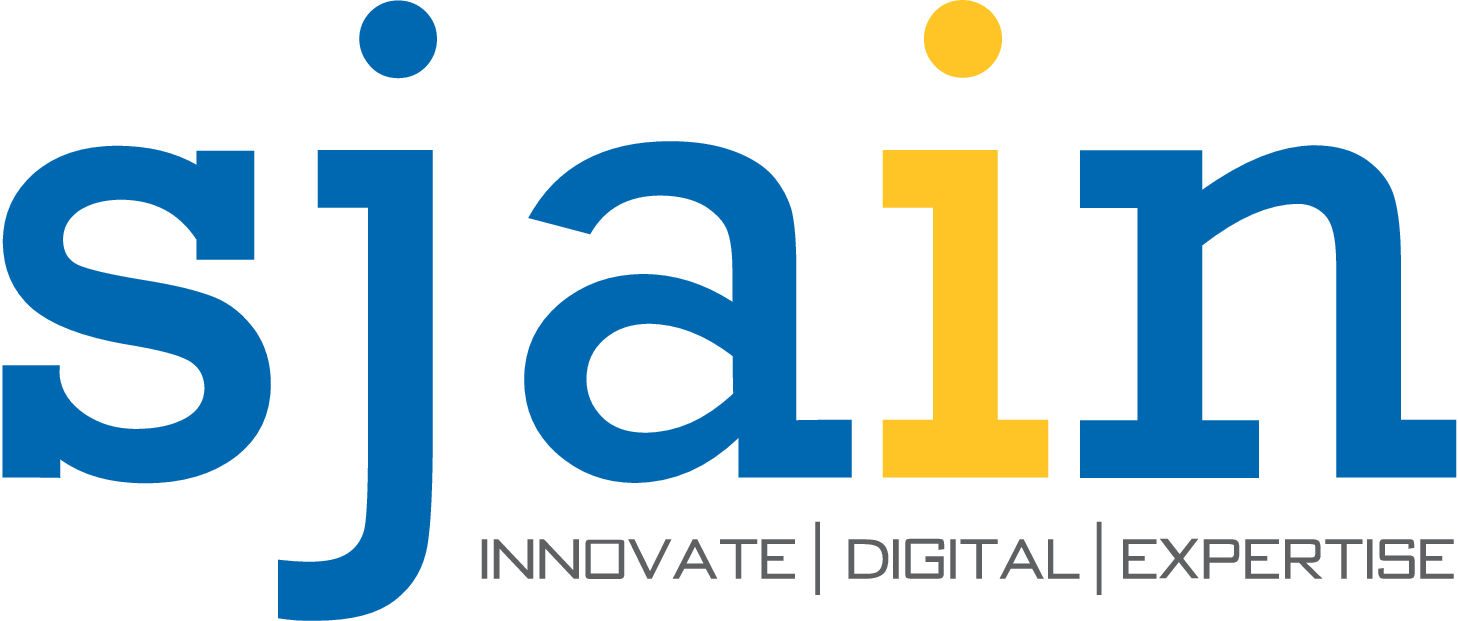Quantum Computing Unlocking a New Era of Computing Power
Quantum computing has emerged as a revolutionary technology that holds the potential to reshape various industries and accelerate scientific advancements. Unlike classical computers that use bits to represent information as either 0 or 1, quantum computers utilize qubits, which can exist in multiple states simultaneously. This unique characteristic of quantum computing enables it to solve complex problems with incredible speed and efficiency. We will delve into the fascinating world of quantum computing, exploring its principles, applications, and the significant impact it is poised to make on our technological landscape.
Understanding Quantum Computing
What is Quantum Computing?
Quantum computing is a branch of science that uses quantum mechanics concepts to create powerful computational devices. Traditional computers store information in bits, which can be in one of two states: 0 or 1. In contrast, quantum computers use qubits, which can be in a superposition of both 0 and 1 simultaneously. This unique property enables quantum computers to perform complex calculations at an unprecedented speed.
Quantum Bits: The Building Blocks
Qubits, the fundamental units of information in quantum computing, are analogous to classical bits. However, unlike bits that can only be in one state, qubits can exist in a superposition of states. This superposition allows quantum computers to process a vast number of possibilities simultaneously, leading to exponential computational power.
Superposition and Entanglement
Superposition refers to the ability of qubits to be in multiple states at once. This allows quantum computers to explore different computational paths simultaneously, providing a significant advantage in solving complex problems. Entanglement was another unique trait of quantum systems in which a number of qubits become entangled and the state of one can instantly affect the state of another, regardless of their distance. This phenomenon opens up possibilities for secure communication and enhanced computational capabilities.
Advantages of Quantum Computing
Exponential Speed and Processing Power
Quantum computers offer unparalleled speed and processing power compared to classical computers. They excel at solving computationally intensive problems, such as factorization, optimization, and simulation. Tasks that would take classical computers millions of years can potentially be completed by quantum computers within a matter of minutes or hours.
Solving Complex Problems
Quantum computing offers the potential to revolutionize several disciplines by addressing previously intractable difficulties. For example, quantum algorithms can significantly impact cryptography by breaking traditional encryption methods and enabling the development of secure communication protocols. In the realm of optimization, quantum computers can tackle complex optimization problems, such as route planning and resource allocation, more efficiently than classical algorithms.
Optimization and Simulation
Quantum computing can transform the way optimization problems are approached. By exploring a vast number of possibilities simultaneously, quantum algorithms can find optimal solutions quickly. This capability has applications in various sectors, including finance, logistics, and supply chain management. Additionally, quantum simulations allow researchers to model and understand complex systems at a level of detail that would be unattainable using classical methods.
Applications of Quantum Computing
Cryptography and Data Security
Cryptography is one of the most important possible uses of quantum computing. Quantum algorithms, such as Shor’s algorithm, can break traditional encryption methods, rendering current cryptographic systems vulnerable. However, quantum computing can also provide solutions for secure communication through the development of quantum-resistant encryption algorithms and quantum key distribution protocols.
Drug Discovery and Molecular Modeling
Quantum computing has the potential to revolutionize drug discovery and molecular modeling processes. By simulating the behavior of molecules at the quantum level, scientists can accelerate the identification of new drug candidates and predict their properties more accurately. This can lead to the development of novel therapies and significantly reduce the time and cost involved in the drug discovery pipeline.
Financial Modeling and Risk Analysis
Quantum computing can enhance financial modeling and risk analysis by enabling more accurate predictions and optimizations. Quantum algorithms can analyze large datasets and complex financial models to identify patterns and make informed investment decisions. Furthermore, quantum simulations enable researchers to simulate and comprehend complicated systems at a degree of depth that would be impossible to achieve using traditional approaches.
Logistics and Supply Chain Optimization
Optimizing logistics and supply chain operations is a critical challenge for many industries. Quantum computing can offer solutions by efficiently solving complex optimization problems, such as route planning, inventory management, and demand forecasting. By minimizing costs and improving resource allocation, quantum algorithms can drive significant improvements in supply chain efficiency.
Artificial Intelligence and Machine Learning
Quantum computing has the potential to boost artificial intelligence and machine learning breakthroughs.Quantum algorithms can enhance the training and optimization processes of AI models, leading to more accurate predictions and faster learning. Furthermore, quantum machine learning algorithms can uncover patterns and insights in large datasets, opening up new avenues for data analysis and decision-making.
Challenges and Limitations
Quantum Decoherence
Quantum decoherence is a major difficulty in quantum computing. Quantum systems are extremely sensitive to outside disturbances, which may cause the qubits to loose their entanglement and superposition states, resulting in computation mistakes. Efforts are underway to develop error correction techniques and stabilize qubits for reliable quantum computations.
Error Correction and Scalability
Another hurdle in quantum computing is the need for error correction mechanisms. Due to the fragile nature of qubits, errors can occur during computations. Error correction techniques involve redundant encoding of qubits to detect and correct errors. Additionally, achieving scalability in quantum systems remains a significant challenge, as increasing the number of qubits leads to increased complexity and the risk of errors.
High Cost and Accessibility
Quantum computing innovation is still in its infancy, and developing usable quantum machines is a costly endeavor. The cost of research, development, and infrastructure required for quantum computing limits its accessibility to a few major players in the industry and academic institutions. However, as developments continue and technology improves, the cost is likely to fall, making it more affordable to a wider audience.
Future Outlook
Quantum Computing Breakthroughs
The field of quantum computing is advancing rapidly, with ongoing research and breakthroughs. Scientists and engineers are working towards developing fault-tolerant quantum systems, more stable qubits, and improved error correction techniques. These advancements will pave the way for practical quantum computers with increased computational power and reliability.
Industry Adoption and Integration
As the potential of quantum computing becomes more apparent, industries across various sectors are actively exploring its applications. Companies are investing in quantum research and development, forming partnerships with academia, and collaborating to harness the power of quantum algorithms. In the coming years, we can expect increased industry adoption and integration of quantum computing solutions to tackle complex problems and drive innovation.
Societal Impact and Ethical Considerations
The widespread adoption of quantum computing will have significant societal impacts and raise ethical considerations. Quantum computing’s ability to break traditional encryption raises concerns about data privacy and security. Additionally, there is a need for careful evaluation of the potential risks and implications of quantum technologies to ensure responsible and ethical use.
Conclusion
Quantum computing represents a new era of computing power, promising exponential speed and processing capabilities that can revolutionize industries and scientific research. Quantum computing has enormous promise in sectors such as encryption, drug development, finance, logistics, or artificial intelligence due to its capacity to solve difficult problems and optimise procedures. However, challenges related to quantum decoherence, error correction, scalability, cost, and accessibility remain to be addressed. As development and research in the subject continue, the prospects of quantum computing appear optimistic, with transformational advances that will influence the way we solve issues and explore scientific frontiers.

